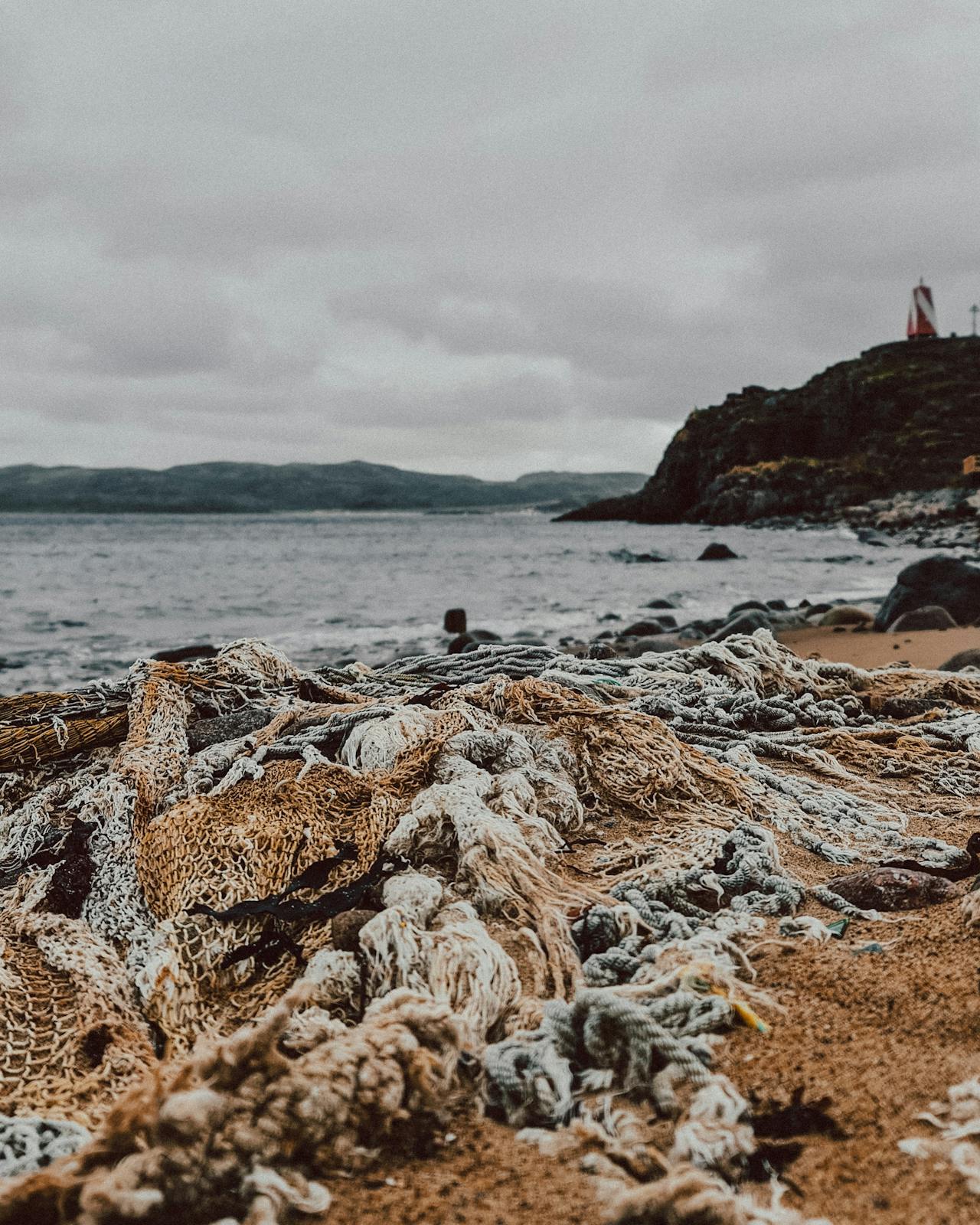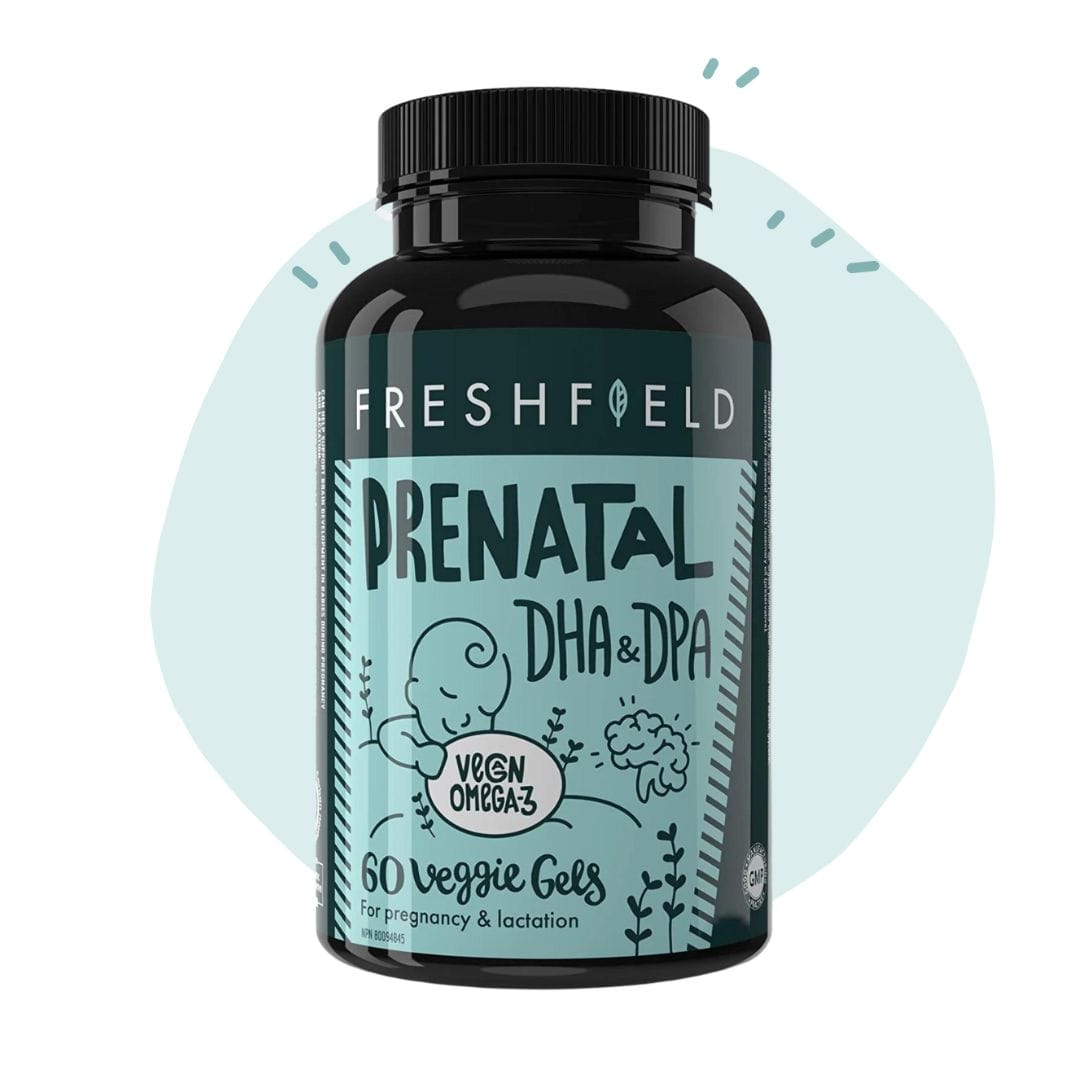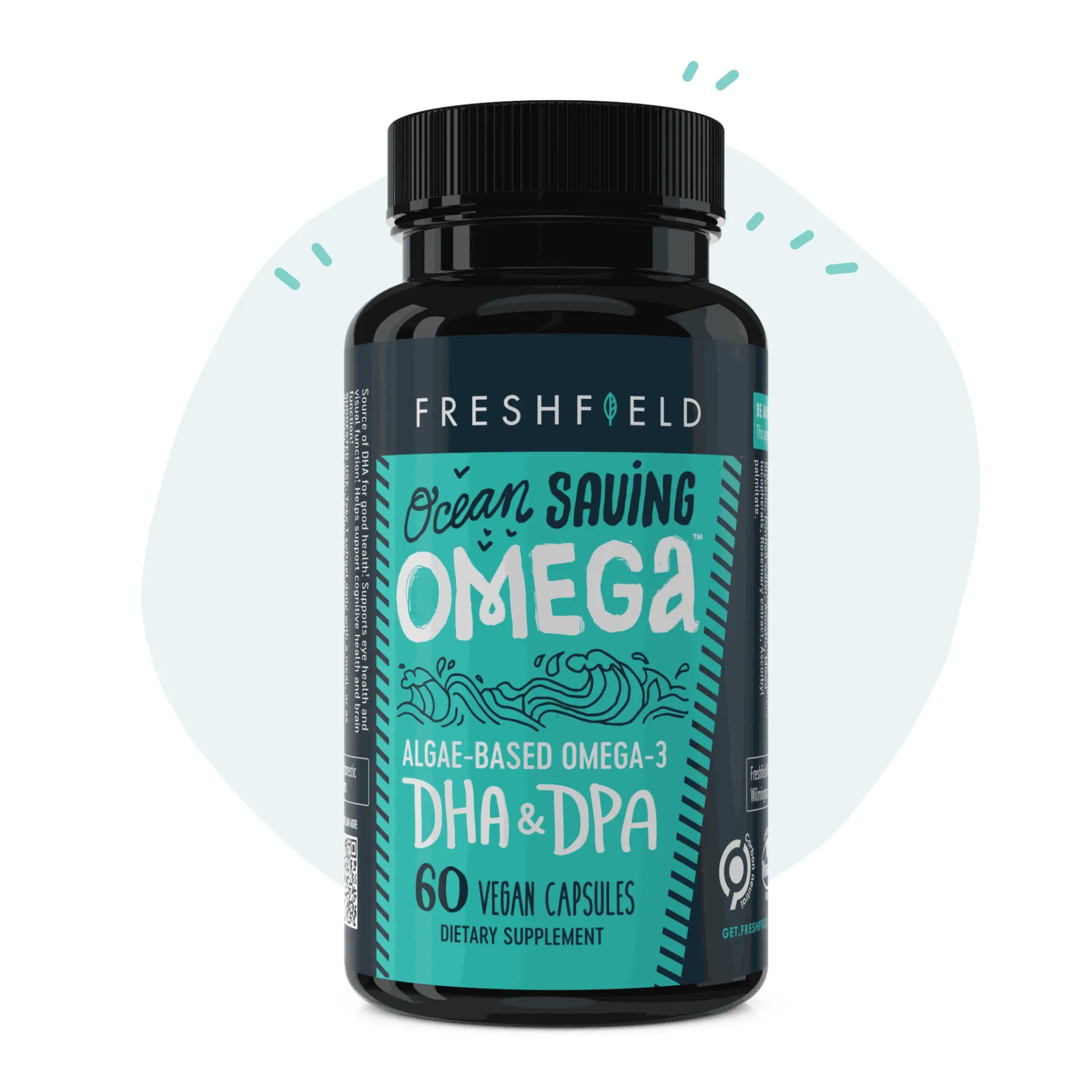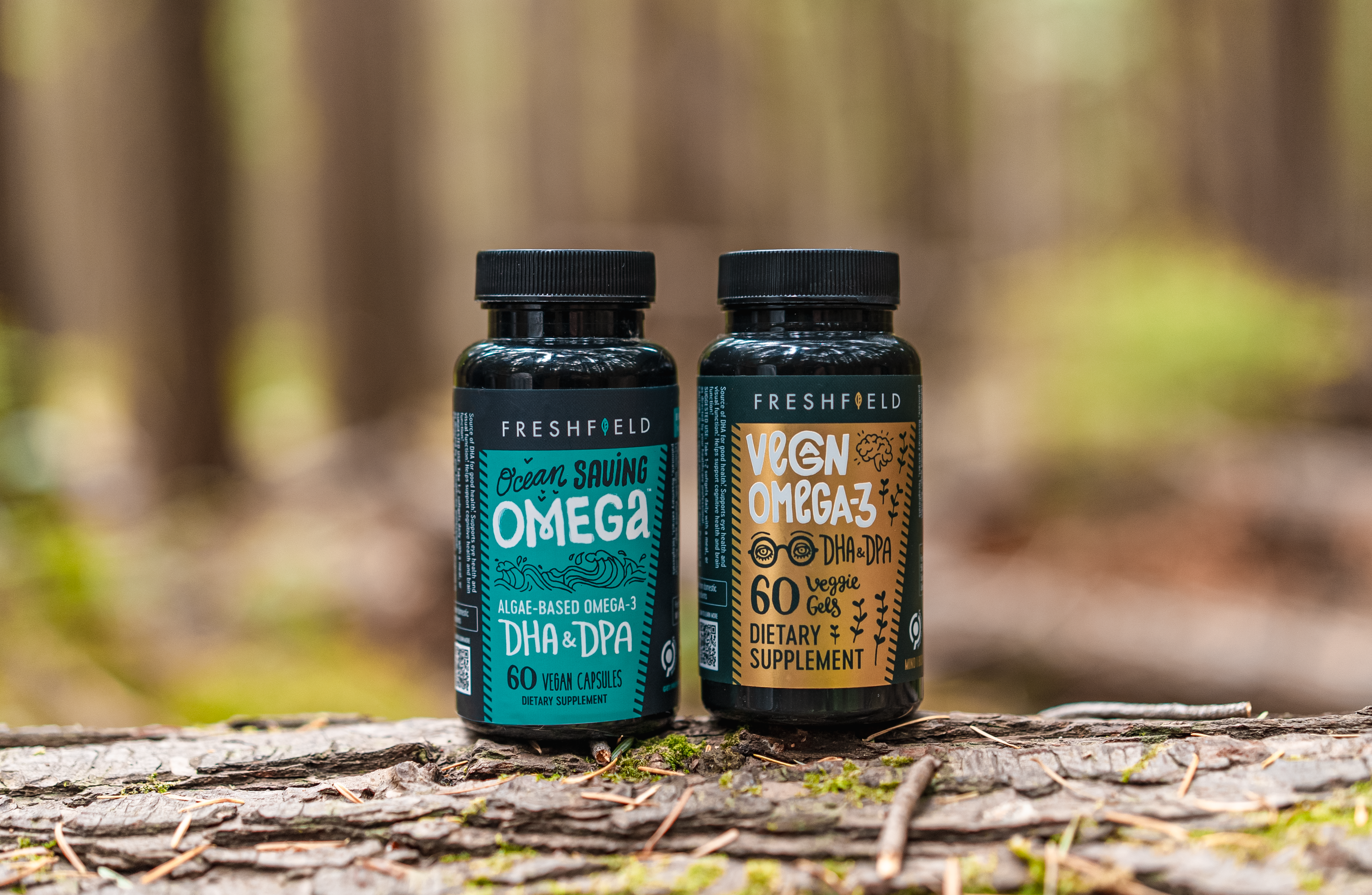Impact of Plastic Pollution and Marine Debris from the Fish Oil Industry
- Packaging: Fish oil supplements are often packaged in plastic bottles and containers, contributing to plastic waste, a portion of which ends up in the oceans.
- Fishing Gear: The fish oil industry, reliant on large-scale fishing operations, contributes to marine debris through discarded, lost, or abandoned fishing gear. This kind of debris, known as ghost gear, can harm marine animals and coral reefs.
- Industrial Waste: The production processes involved in fish oil extraction and purification may generate plastic waste and other debris, adding to the pollution levels in marine environments.
- Reduced Dependency on Fishing: Algae Omega-3 reduces dependency on large-scale commercial fishing operations, subsequently decreasing the likelihood of fishing gear contributing to marine debris.
- Sustainable Packaging Options: Algae Omega-3 manufacturers, particularly those with a strong sustainability ethos, often opt for eco-friendly, biodegradable, or compostable packaging, reducing the plastic footprint. (We use plant-based compostable bottles.)
- Promoting Conscious Consumption: Algae Omega-3 options often align with a consumer base that is more conscious of sustainability. This alignment helps promote practices and products that are mindful of reducing plastic waste and marine debris.
- Innovation in Production: Companies producing algae-based Omega-3s often employ innovative and sustainable practices in cultivation and harvesting, minimizing waste and the potential contribution to marine debris.
Switching from fish oil to algae-based omega-3 supplements represents a meaningful action towards reducing plastic pollution and marine debris. It signifies a step towards embracing solutions that not only meet our nutritional needs but also safeguard our environment for future generations. 🌊🌿🌍
Related Topics:












Share:
Overfishing & Biodiversity Loss From Fish Oil
The Environmental & Climate Impact of Fish Oil